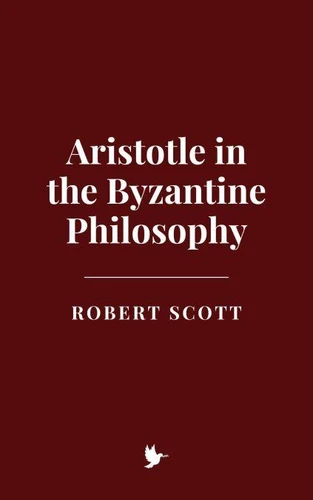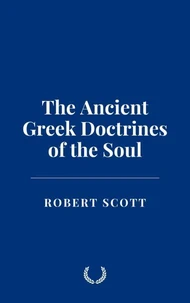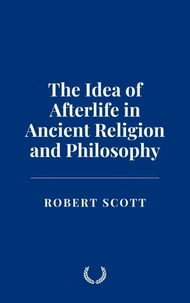Aristotle in the Byzantine Philosophy
Par :Formats :
Disponible dans votre compte client Decitre ou Furet du Nord dès validation de votre commande. Le format ePub est :
- Compatible avec une lecture sur My Vivlio (smartphone, tablette, ordinateur)
- Compatible avec une lecture sur liseuses Vivlio
- Pour les liseuses autres que Vivlio, vous devez utiliser le logiciel Adobe Digital Edition. Non compatible avec la lecture sur les liseuses Kindle, Remarkable et Sony
 , qui est-ce ?
, qui est-ce ?Notre partenaire de plateforme de lecture numérique où vous retrouverez l'ensemble de vos ebooks gratuitement
Pour en savoir plus sur nos ebooks, consultez notre aide en ligne ici
- FormatePub
- ISBN8230718796
- EAN9798230718796
- Date de parution15/01/2025
- Protection num.pas de protection
- Infos supplémentairesepub
- ÉditeurIndependently Published
Résumé
The philosophical legacy of Aristotle is one of the most enduring and far-reaching in the history of Western thought. Born in 384 BCE in Stagira, a Greek town in northern Macedonia, Aristotle's intellectual journey would lay the foundation for a philosophical system that would resonate across millennia, influencing generations of thinkers, from the ancient Greeks to the medieval Christian scholars of the Byzantine Empire.
The Byzantine Empire, which succeeded the Roman Empire in the East, became the central repository for classical Greek philosophy after the fall of Rome, and its scholars played a pivotal role in preserving and transmitting Aristotle's works. The synthesis of Aristotle's philosophy with Christian theology in Byzantium marks one of the most fascinating intellectual developments in the history of the ancient and medieval worlds.
The Byzantine Empire, which succeeded the Roman Empire in the East, became the central repository for classical Greek philosophy after the fall of Rome, and its scholars played a pivotal role in preserving and transmitting Aristotle's works. The synthesis of Aristotle's philosophy with Christian theology in Byzantium marks one of the most fascinating intellectual developments in the history of the ancient and medieval worlds.
The philosophical legacy of Aristotle is one of the most enduring and far-reaching in the history of Western thought. Born in 384 BCE in Stagira, a Greek town in northern Macedonia, Aristotle's intellectual journey would lay the foundation for a philosophical system that would resonate across millennia, influencing generations of thinkers, from the ancient Greeks to the medieval Christian scholars of the Byzantine Empire.
The Byzantine Empire, which succeeded the Roman Empire in the East, became the central repository for classical Greek philosophy after the fall of Rome, and its scholars played a pivotal role in preserving and transmitting Aristotle's works. The synthesis of Aristotle's philosophy with Christian theology in Byzantium marks one of the most fascinating intellectual developments in the history of the ancient and medieval worlds.
The Byzantine Empire, which succeeded the Roman Empire in the East, became the central repository for classical Greek philosophy after the fall of Rome, and its scholars played a pivotal role in preserving and transmitting Aristotle's works. The synthesis of Aristotle's philosophy with Christian theology in Byzantium marks one of the most fascinating intellectual developments in the history of the ancient and medieval worlds.























